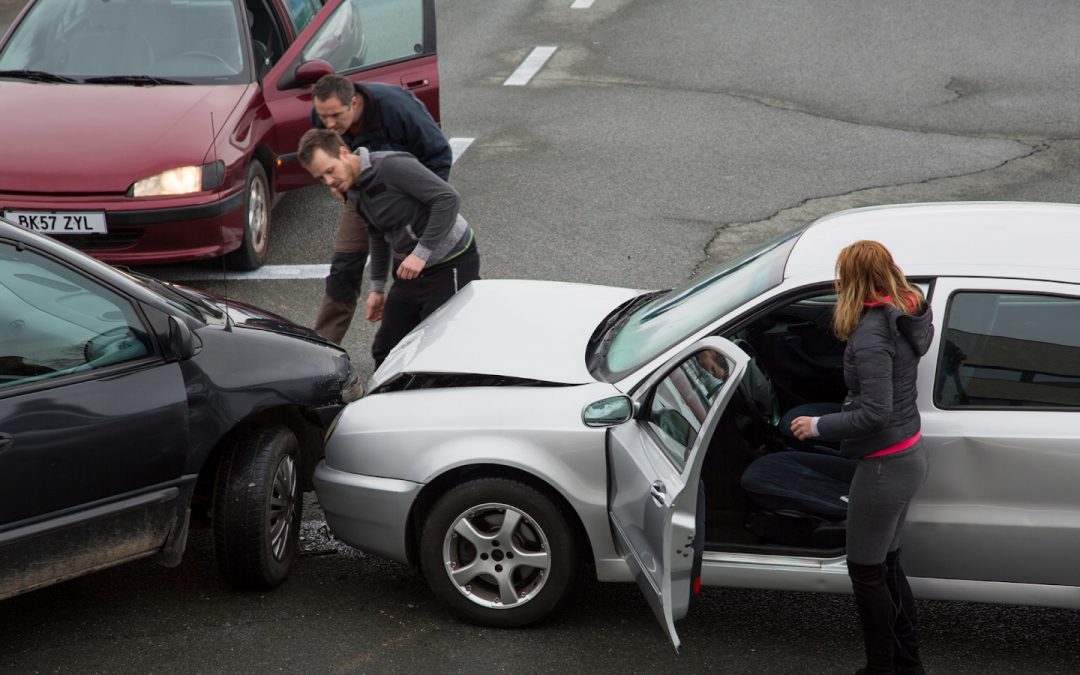We consider car accidents a rare occurrence, but, in reality, the average person will have three to four auto collisions in their lifetime. If you’ve had an accident, you may be surprised to find you need to report to a collision reporting center (CRC) as part of investigating the accident and assessing damage to your vehicle. If you’re wondering what a collision reporting center is, this guide will explain its purpose and how best to deal with them.
What is a collision reporting center?
A collision report center (CRC) is a police-run facility assessing your vehicle after a collision. These facilities run at no cost to the drivers or the police because insurance companies cover all costs.
These centres were developed to handle the high caseload of fender benders and small accidents both to get the cars out of the way of traffic and also to free up the police for more important or difficult crimes. The first auto collision reporting centres opened in 1994. It’s estimated the first three centers alone allowed the police to reallocate about 5 million in resources because of the time and effort saved.
How to prepare
After the accident:
- Remove the vehicles from the roadway as soon as it is safe to do so.
- Exchange information with any other parties involved in the collision, including their names, driver’s licence numbers, addresses, phone, insurance information, and vehicle info.
- Remember to get the names and numbers of any independent witnesses.
Gather all your documentation (driver’s licence, vehicle ownership, registration, and insurance) and go with your vehicle to the closest CRC. If your car needs to be towed, tow it straight to the CRC. Remember that by law, you must contact the CRC within twenty-four hours of the accident.
When not to report to a CRC
If your collision involves injury or death, your accident will be handled differently, and your car may become evidence or needed for further investigation. In these cases, the police will take the aftermath and perform all analyses. Collision reporting centers are for straightforward cases and are meant to free up the police to handle the more complex work themselves. Don’t report to a collision reporting center if any of the following occurs:
- A collision involving criminal activity like impaired driving, a stolen vehicle, or any assault).
- A crash involving a federal, provincial, or municipal vehicle, including public cars.
- An accident that causes damage to private, municipal, or highway property
- An uninsured, suspended driver, or when an involved party won’t provide the necessary information
- Collisions involving vehicles transporting dangerous goods.
If your accident is straightforward, report to the CRC as soon as possible.
What can a collision center help with?
Collision reporting centers were established to make handling accidents easier and more systematic. The center allows drivers to self-report accidents and create an accident report, all with the help of a police officer. These centers help clear traffic and release police officers to handle more critical cases.
Does a CRC require you to report to your insurance company?
The CRC will automatically send a report to your insurer. Still, if the damages are under two-thousand dollars, you can ask the center not to send the insurer any information. However, some policies require mandatory damage reporting regardless of the assessed damage amount.
Simplicity Car Care is your collision reporting center of choice.
If you’ve been in an accident and are trying to understand your responsibilities, contact Simplicity Car Care. They’re specialists in auto collision repair and dealing with all the necessary details following an accident.
With locations across the country, Simplicity Car Care has a convenient location near you. Simplicity Car Care’s trained professionals will appraise your vehicle, contact the insurance company and help with the police report as you need.
Simplicity Car Car will then rebuild the damage and return your car looking as good as new. All work done by Simplicity Car Care is fully guaranteed for peace of mind, and they’re dedicated to getting you back on the road fast. Contact Simplicity Car Care today.


Recent Comments